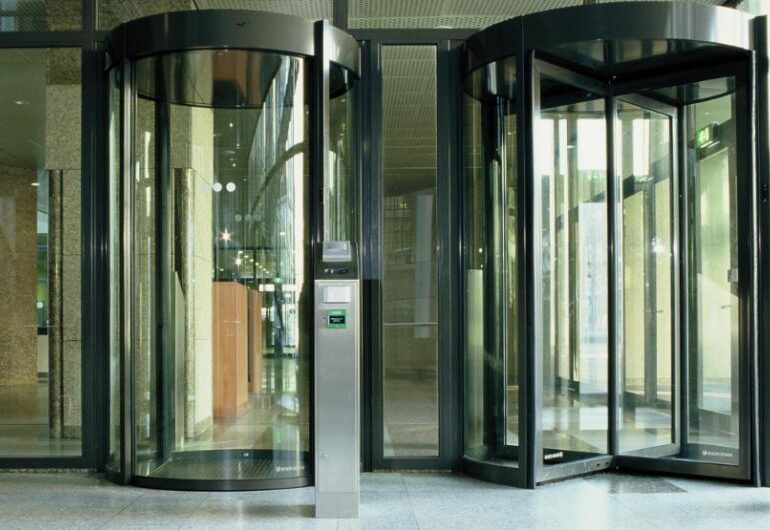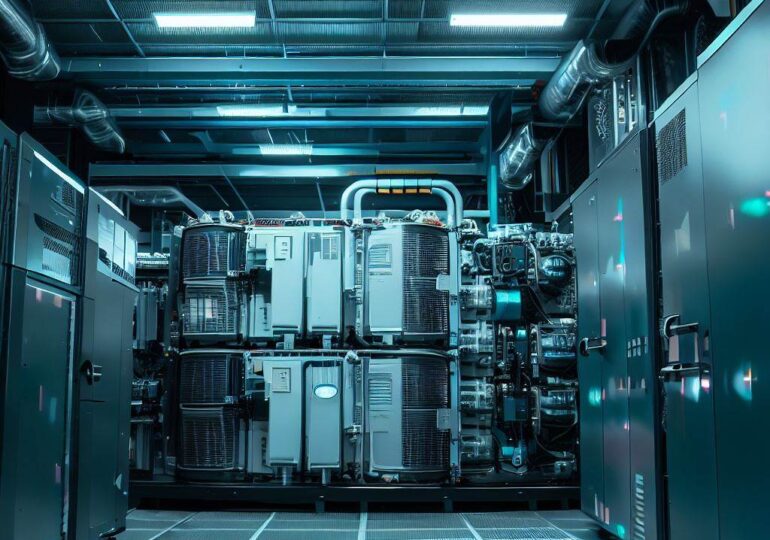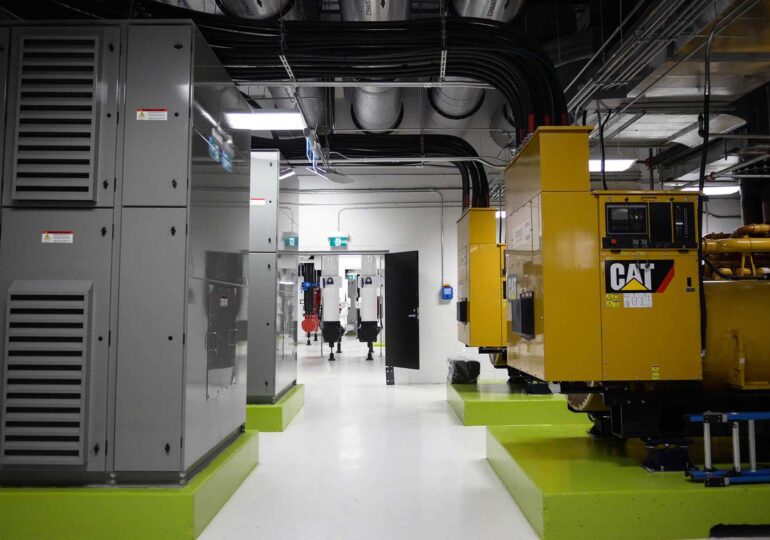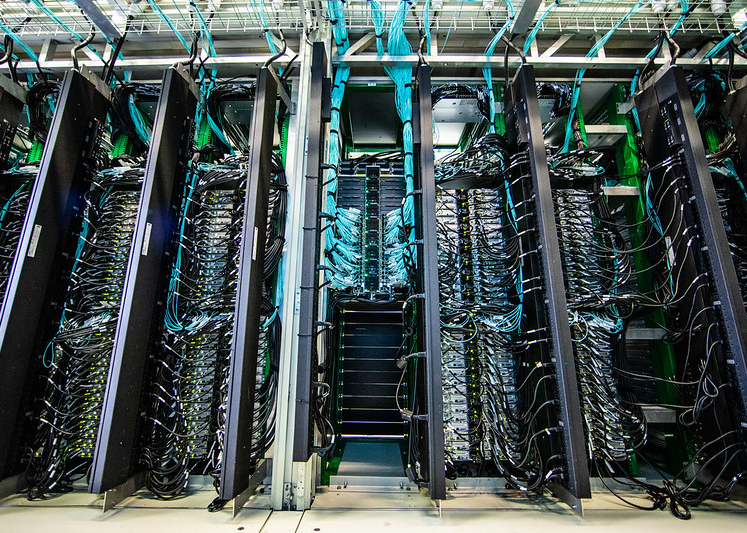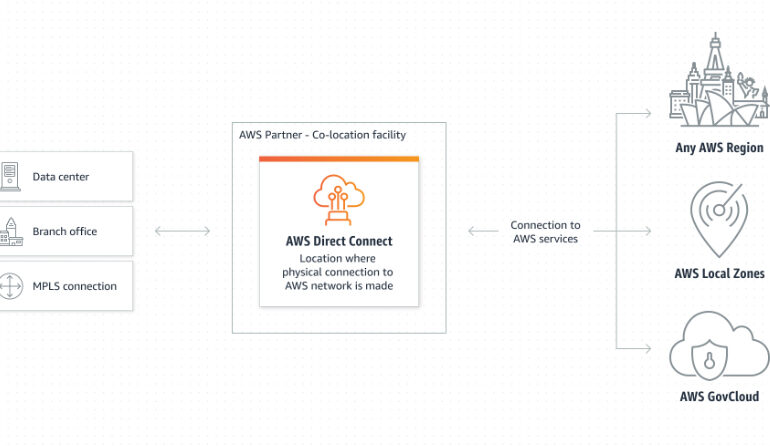Why is Data Centre Design Important for Delivering Colocation Services
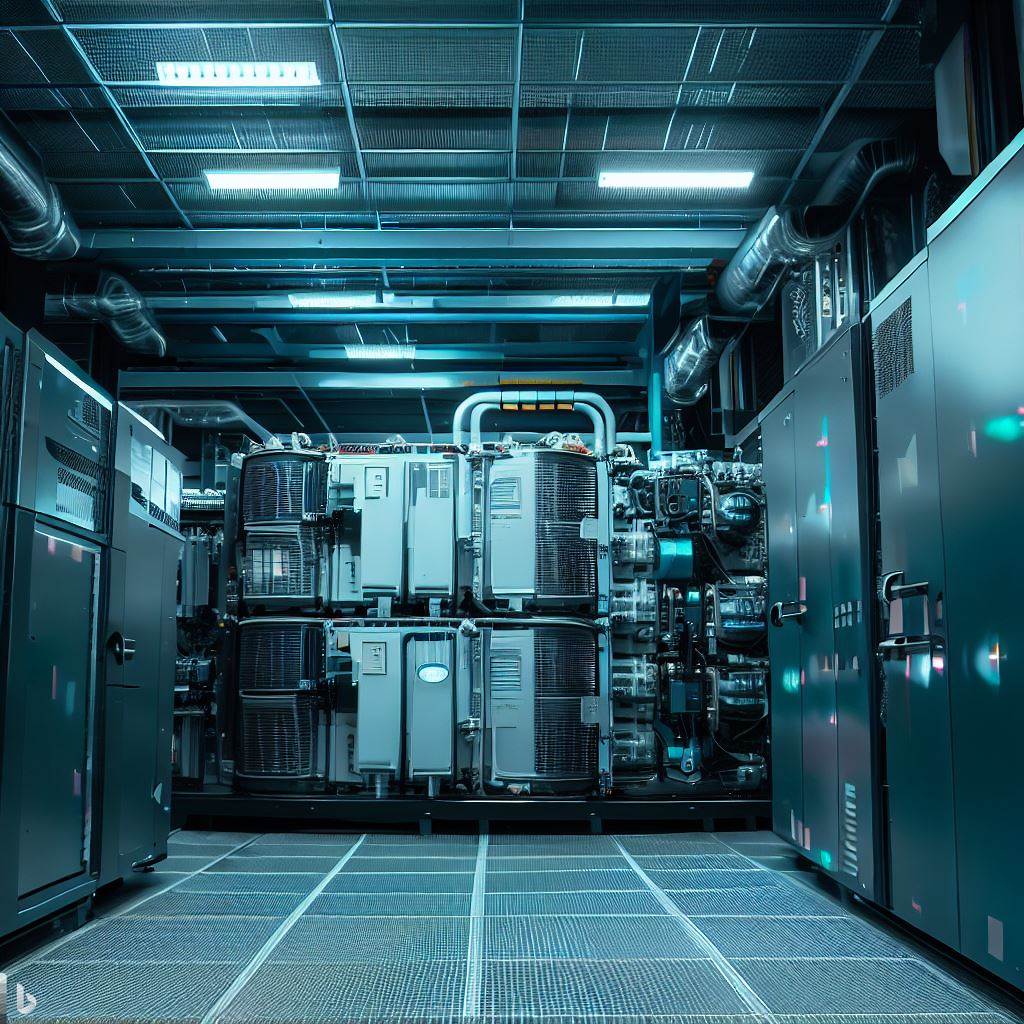
In today’s digital era, reliable data storage and processing have become the backbone of businesses across industries. For companies seeking to scale their operations and enhance their IT infrastructure, colocation services have emerged as a practical and cost-effective solution. However, the success of colocation services heavily relies on the design and functionality of data centres.
Data centre design plays a critical role in delivering exceptional colocation services. It encompasses various aspects, including power and cooling systems, network connectivity, physical security, and scalability. With the increasing reliance on data centres, businesses cannot afford downtime or inefficiencies. Therefore, a well-designed data centre ensures uninterrupted operations, improved energy efficiency, and reduced risks of data loss.
In this article we will discuss the key points:
- Understanding Colocation Services
- The Importance of Data Centre Design for Delivering Colocation Services
- Factors to Consider in Data Centre Design for Colocation Services
- Optimizing Power and Cooling in Data Centre Design for Colocation Services
- Ensuring Scalability and Flexibility in Data Centre Design for Colocation Services
- Implementing Security Measures in Data Centre Design for Colocation Services
- Redundancy and Disaster Recovery in Data Centre Design for Colocation Services
- Best Practices in Data Centre Design for Delivering Colocation Services
Understanding Colocation Services
Colocation services involve the practice of housing privately owned servers and networking equipment within a third-party data centre facility. This arrangement allows businesses to take advantage of the data centre’s infrastructure, including power, cooling, and network connectivity, while maintaining control over their own hardware and applications.
By opting for colocation services, businesses eliminate the need to invest in building and managing their own data centres, which can be both costly and time-consuming. Instead, they can focus on their core competencies while relying on the expertise of data centre providers to handle the critical infrastructure required for their operations.
The Importance of Data Centre Design for Delivering Colocation Services
When it comes to colocation services, data centre design is of utmost importance. A well-designed data centre ensures the smooth functioning of the infrastructure, leading to enhanced performance, reduced downtime, and improved energy efficiency. It also provides the necessary scalability and flexibility to accommodate the evolving needs of businesses.
One of the key factors to consider in data centre design for colocation services is the power and cooling systems. Efficient power distribution, backup power sources, and effective cooling mechanisms are crucial to maintaining the reliability and stability of the infrastructure. Without proper power and cooling, data centres can experience equipment failures, overheating, and unexpected outages, jeopardizing the continuity of business operations.
Additionally, network connectivity is another crucial aspect of data centre design for colocation services. A well-designed data centre should offer high-speed, redundant network connections to ensure seamless connectivity for businesses. This allows them to leverage advanced technologies, such as cloud computing and big data analytics, without worrying about network bottlenecks or latency issues.
Factors to Consider in Data Centre Design for Colocation Services
When designing a data centre for colocation services, several factors need to be taken into consideration to ensure optimal performance and reliability. These factors include the physical location of the data centre, the layout and organization of the infrastructure, and the availability of supporting facilities.
The physical location of the data centre plays a crucial role in its design. Factors such as proximity to major network hubs, access to reliable power sources, and environmental considerations need to be evaluated. Choosing a strategic location can minimize latency, reduce energy costs, and ensure the data centre is protected from natural disasters.
The layout and organization of the infrastructure within the data centre are equally important. A well-designed layout maximizes space utilization, minimizes cabling complexity, and facilitates efficient airflow for cooling purposes. It also allows for easy access and maintenance of equipment, reducing downtime and improving overall operational efficiency.
Supporting facilities, such as redundant power sources, backup generators, and fire suppression systems, are essential for data centre design. These facilities provide additional layers of protection and ensure the continuity of operations in the event of power outages or emergencies. Implementing proper security measures, such as access controls, surveillance systems, and fire detection systems, is also crucial to safeguarding the infrastructure and protecting sensitive data.
Optimizing Power and Cooling in Data Centre Design for Colocation Services
Efficient power and cooling systems are critical components of data centre design for colocation services. Optimizing these systems ensures the reliability, performance, and energy efficiency of the infrastructure.
To optimize power distribution, data centres should employ redundant power sources, such as multiple utility feeds and backup generators. This ensures a continuous power supply and minimizes the risk of downtime due to power outages. Implementing intelligent power management systems can also help monitor and control power consumption, allowing for better energy efficiency and cost savings.
Proper cooling is equally important in data centre design. Inefficient cooling can lead to equipment failures, reduced lifespan of components, and increased energy consumption. To optimize cooling, data centres should utilize precision cooling systems, hot and cold aisle containment, and efficient airflow management. These measures help maintain optimal temperatures, reduce energy consumption, and extend the lifespan of critical equipment.
Ensuring Scalability and Flexibility in Data Centre Design for Colocation Services
Scalability and flexibility are essential considerations in data centre design for colocation services. Businesses need the ability to expand their infrastructure seamlessly as their needs grow or change. A well-designed data centre should provide the necessary scalability and flexibility to accommodate future growth without disrupting ongoing operations.
Modular designs and flexible rack configurations allow businesses to easily add or remove equipment as needed. This helps avoid overprovisioning or underutilization of resources, optimizing cost efficiency. Additionally, implementing virtualization technologies enables businesses to allocate resources dynamically, improving the utilization of servers and reducing hardware requirements.
Implementing Security Measures in Data Centre Design for Colocation Services
Data centre design should prioritize the implementation of robust security measures to protect sensitive data and infrastructure. Physical security is crucial, and data centres should have strict access controls, surveillance systems, and 24/7 monitoring to prevent unauthorized access or tampering.
Fire detection and suppression systems are also essential components of data centre security. Early detection of fire hazards and the ability to suppress fires quickly can minimize damage and downtime. Regular fire drills and proper fire safety training for data centre staff are equally important to ensure a prompt response in case of emergencies.
In addition to physical security, data centres should also implement cybersecurity measures to protect against external threats. This includes network segmentation, intrusion detection and prevention systems, regular vulnerability assessments, and robust data encryption. Continuous monitoring and proactive threat intelligence are crucial to identify and mitigate potential security risks.
Redundancy and Disaster Recovery in Data Centre Design for Colocation Services
Redundancy and disaster recovery planning are critical aspects of data centre design for colocation services. Redundancy ensures that there are backup systems and components in place to maintain operations in the event of equipment failures or outages.
Redundancy can be achieved through the use of redundant power sources, network connections, and storage systems. Implementing backup generators, uninterruptible power supply (UPS) systems, and redundant network links can help minimize the risk of downtime and ensure continuous operations.
Disaster recovery planning involves creating strategies and procedures to recover data and resume operations in the event of a major outage or disaster. This includes regular data backups, offsite data replication, and the establishment of secondary data centres in geographically separate locations. Testing and validating disaster recovery plans are crucial to ensure the ability to recover data and resume operations within acceptable timeframes.
Best Practices in Data Centre Design for Delivering Colocation Services
When designing a data centre for colocation services, adhering to best practices is essential to ensure optimal performance, reliability, and security. Some key best practices include:
- Conducting thorough site surveys and feasibility studies to choose the most suitable location for the data centre.
- Employing modular designs and flexible rack configurations to accommodate future growth and changes in infrastructure needs.
- Implementing efficient power and cooling systems, such as redundant power sources and precision cooling, to maximize energy efficiency and minimize downtime.
- Ensuring physical security through strict access controls, surveillance systems, and fire detection and suppression systems.
- Implementing robust cybersecurity measures, including network segmentation, intrusion detection and prevention, regular vulnerability assessments, and data encryption.
- Establishing redundant systems and comprehensive disaster recovery plans to minimize the risk of downtime and ensure business continuity.
By following these best practices, data centre providers can deliver exceptional colocation services that meet the evolving needs of businesses.
Conclusion: The Impact of Data Centre Design on Delivering Colocation Services
In conclusion, data centre design plays a crucial role in delivering colocation services. A well-designed data centre ensures reliability, efficiency, and seamless connectivity, enabling businesses to unlock their full potential in the digital landscape.
By considering factors such as power and cooling optimization, scalability and flexibility, security measures, and redundancy and disaster recovery planning, data centre providers can create an infrastructure that meets the highest standards of performance, reliability, and security. This, in turn, allows businesses to focus on their core competencies while leveraging the benefits of colocation services to scale their operations and drive business growth.
In today’s competitive business landscape, where data is the lifeblood of organizations, the importance of data centre design for delivering colocation services cannot be overstated. It is the foundation upon which businesses can build their digital success and thrive in the ever-evolving digital landscape.

